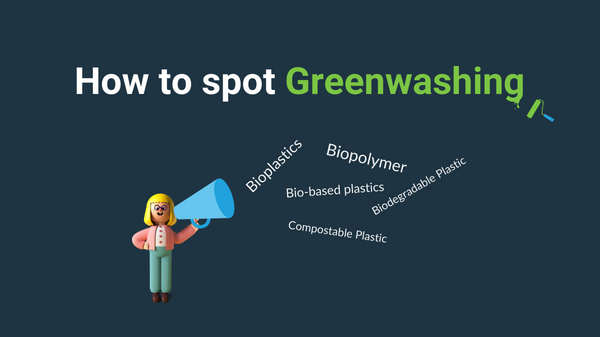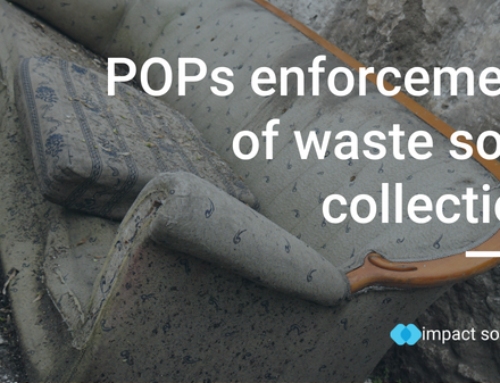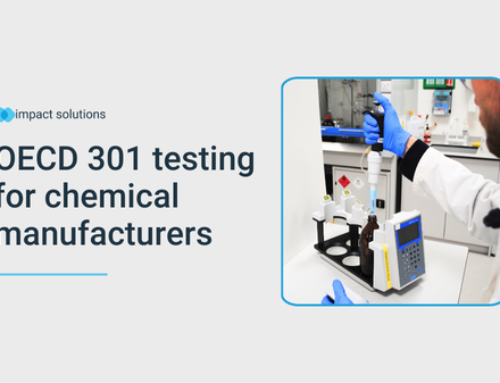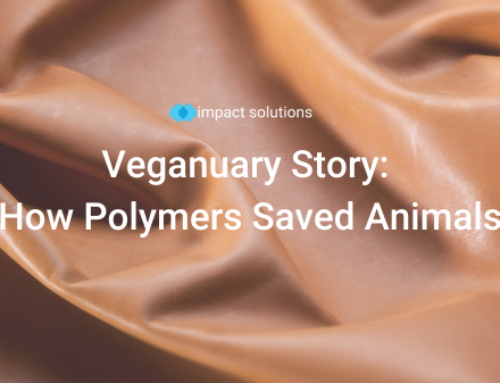The term ‘greenwashing’ was coined in the 1980s by environmental activists who were concerned about companies that were making false or exaggerated claims about the environmental benefits of their products or services without evidence. The term has since become widely used to describe this phenomenon and has been applied to a wide range of industries, from fashion to food to energy.
It is important for companies to produce alternative materials without misleading consumers into making purchasing decisions based on false information that can in fact contribute to environmental damage and undermine efforts of those creating a more sustainable economy. Similarly, it’s important that consumers do their own research and look for independent certifications or evidence of a product or service’s environmental benefits.
How to spot Greenwashing?
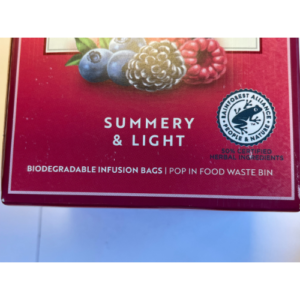
There are a world of logos, labels and certification stamps out there. Most of which are self–certified, self-designed, or, just words without any evidence. You may have come across many labels that suggest a product or service is more environmentally friendly – opening up a huge grey area for consumers (usually the type of consumers who are concerned about the environment) to be misled or more so, confused.
So, how do we navigate the greenwashing noise?
First, we must begin to understand what the differences are between the labels to avoid falling into the greenwashing trap, but more importantly to realign communication surrounding alternatives to traditional plastics.
Bio-based plastic, bioplastics, biopolymer, plant derived plastic, plant-based plastic, biodegradable plastic, compostable plastic, environmentally friendly material, eco-friendly. The list is never ending for ways to market your product to be more sustainable and better for the planet.
The European Commision proposed policy framework recently published in November 2022 made a proposal which brings more clarity on biobased, biodegradable and compostable plastics and sets out the conditions to ensure that the environmental impact of their production and consumption is positive. For this, a product labelled as ‘biobased’, ‘biodegradable’ or ‘compostable’ needs to satisfy key conditions:
for ‘biobased’, the term should be used only if the exact and measurable share of biobased plastic content in the product is specified, so that consumers know how much biomass has actually been used in the product. In addition, the biomass used must be sustainably sourced, with no harm to the environment. The sourcing of these plastics should comply with sustainability criteria. Producers should prioritise organic waste and residues.
for ‘biodegradable’, it should be made clear that such products should not be littered and it should be specified how long the product needs to biodegrade, under which circumstances and in what environment (such as soil, water etc). Products that are likely to be littered, including those covered by the Single-use Plastics Directive, cannot be claimed to be or labelled as biodegradable.
for ‘compostable’, only industrially compostable plastics, which comply with relevant standards, should be labelled as ‘compostable’. Industrially compostable packaging should display the way in which the items should be disposed of. In home composting, it is harder to reach full biodegradation of compostable plastics. Home composting for plastics not covered by EU rules should only be considered in the context of specific local conditions under the supervision of the authorities and provided that the use of such plastics has clear added value.
In addition, in line with the Commission’s proposals on Empowering consumers for the green transition, generic unsubstantiated claims about these plastics (i.e., ‘bioplastics’, ‘biobased’, ‘biodegradable’) should be banned.
How can businesses avoid being accused of greenwashing?
As an independent laboratory that specialises in testing and innovating materials, we understand where businesses intentionally or unintentionally greenwashing have gone wrong. Many of our customers come to us and concern themselves with gaining certifications or meeting a certain regulation to sell their product or packaging on a particular market with confidence. A brand that conducts accredited biodegradability testing and has safely met the specific test standard criteria must state the correct use and disposal of biodegradable and compostable plastics, as well as the conditions and timeframe needed to biodegrade. Additionally, having a traceable link of your storied materials and third-party certification logos will also increase marketing value and support you in avoiding greenwashing claims and penalties.

